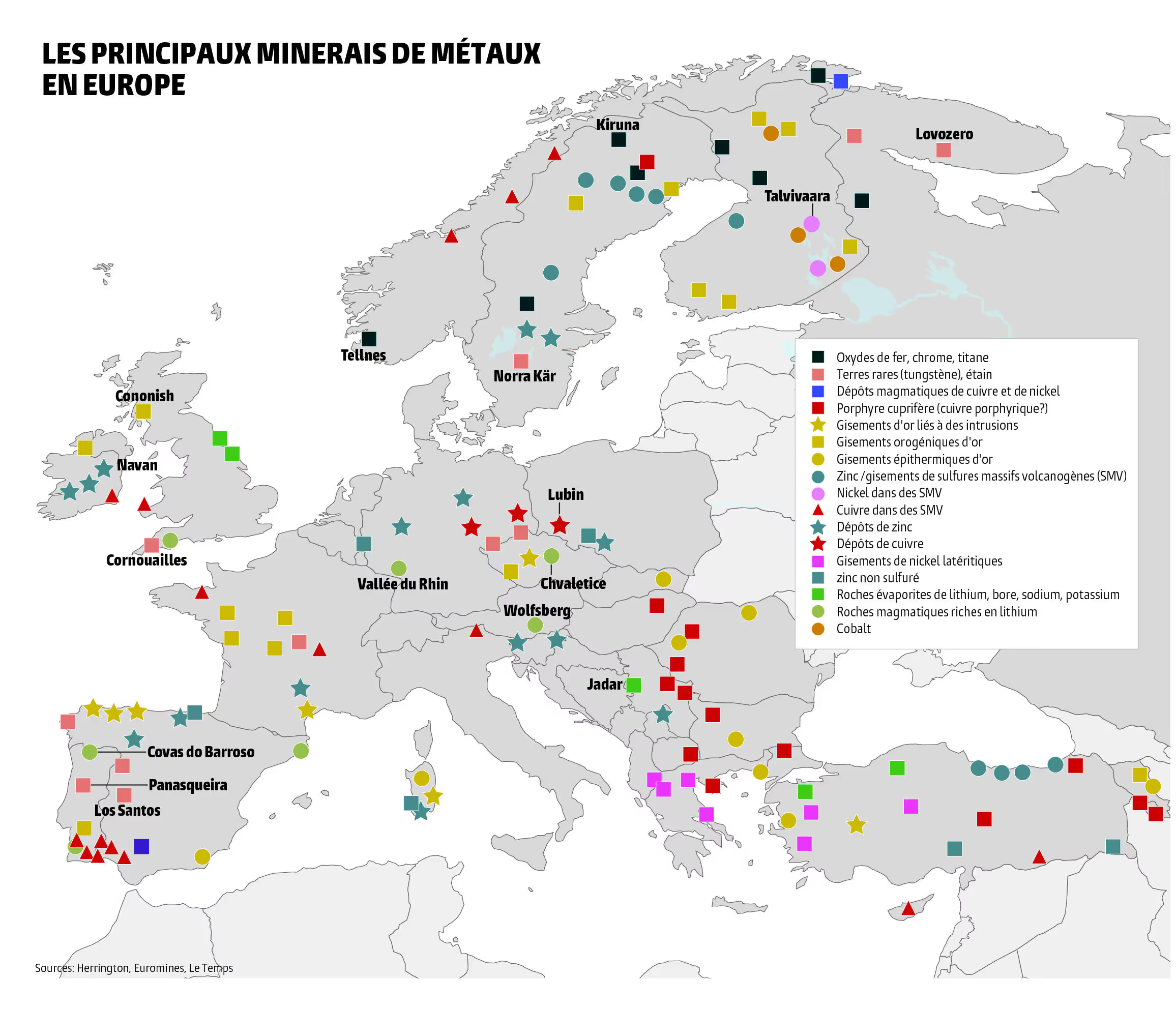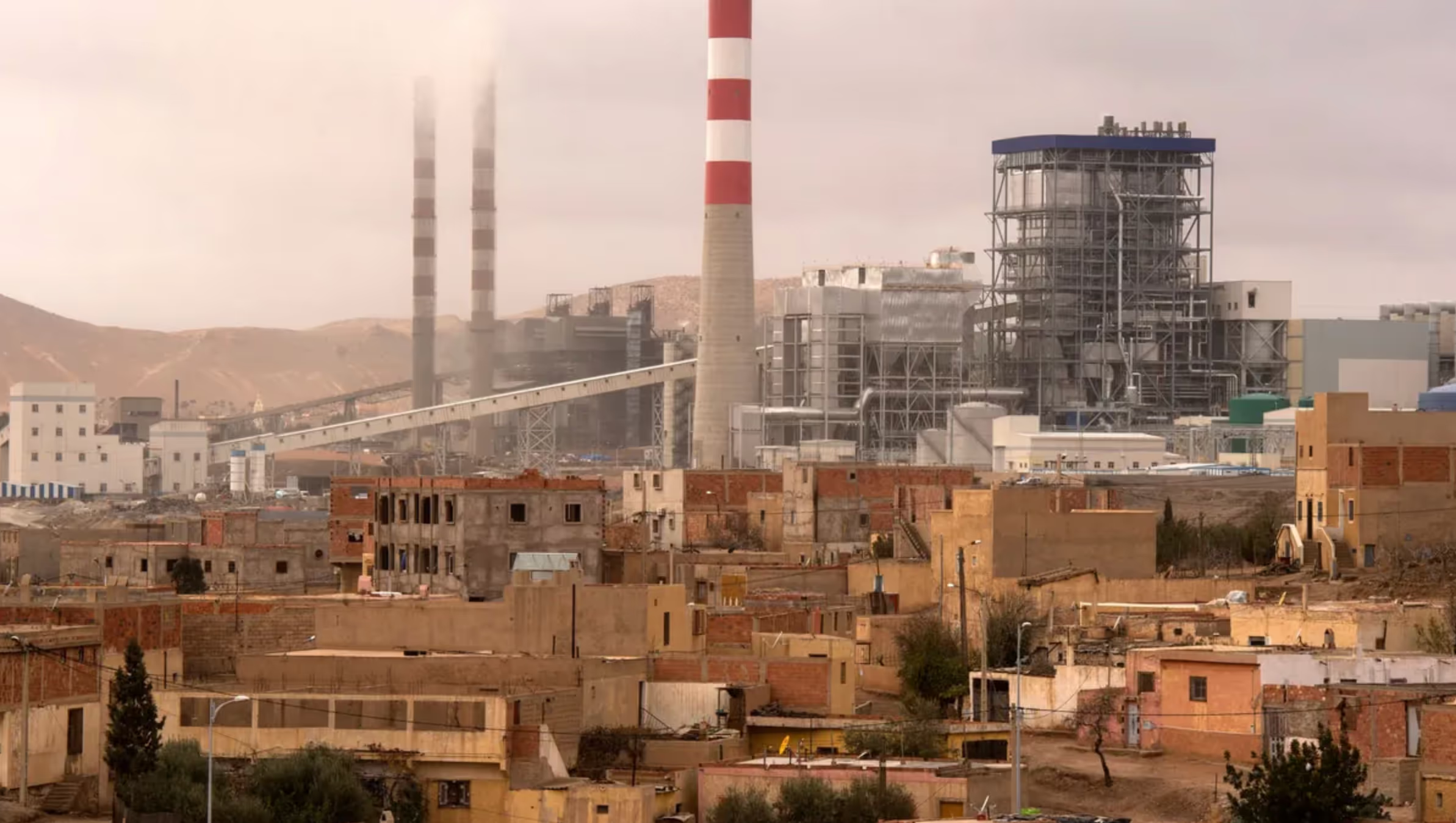We offer you the translation of an interview with David Skrbina, American anti-tech academic (and correspondent for Dr. Theodore Kaczynski), published in the first issue of the defunct anti-tech journal Garden.
When Ted Kaczynski worked in Montana, the world was undoubtedly very different from what it is now, both in terms of technology and the attitude towards it. How are these changes affecting the anti-tech movement? What are the main obstacles to the anti-tech movement today? How can we overcome them? Conversely, what could benefit the anti-tech movement through these “advancements”?
I don't know exactly when Ted Kaczynski wrote his manifesto, but this probably took place over several years from the mid-1980s to the early 1990s. At that time, technology was much less invasive; there were simple home computers, desktop computers, but not much more—no email, no cell phones, no social networks, only specialized use of the Internet. “Screen time” was limited to watching television and, occasionally, going to see a movie. Children and young people had virtually no interaction with computers, except for a few video and arcade games.
Despite all this, Ted's analysis - which in many places was inspired by Jacques Ellul - was rigorous enough to grasp the main problems of technology, until he made real predictions about the future. He saw its growing power, its gradual omnipresence, its growing tendency to dehumanize, to make life trivial and uninteresting. Since the publication of the Manifesto in 1995, technological progress has been spectacular. A range of physical, psychological and moral harms are directly linked to the intensive use of technology, especially among younger people. And for environmentalists like me, nothing is more destructive to nature than a high-energy, high-throughput technological system. Global warming, species extinction, and everything in between are correlated with modern technology.
On the “positive” side, the Internet and other means of communication make it possible to quickly spread information and organize themselves over great distances. But these benefits are not enough to cushion the losses incurred. Every advance in technology is a net loss for humanity; we gain in a few small ways, but the power of the system is multiplied by 100.
If there was an advantage today, it would therefore be (slightly) in terms of communication, but especially the fact that many more people feel the technological constraint. They know that technology is harmful to them — stress, addictions, addictions, etc. That's a lot more potential “recruits” for an emerging anti-tech movement.
There is a growing craze for “off-grid” living or self-sufficiency in nature. This is first evident on social networks but also on the market for “tiny houses”, solar panels, etc. In your opinion, is real self-sufficiency outside the system still possible? Is it a valid objective?
If the technological system collapses, there will first be a big loss of human beings, because too few are prepared to live without high technology. Without fossil or nuclear energy, we will resume the life of yesteryear — based on human and animal strength. Some bioregions could support a good number of people, but many areas will be completely depopulated. Imagine anyone who lives in deserts (Phoenix, Las Vegas, etc.) or inhospitable northern climates (much of Canada and Northern Europe). The surviving humans will have to learn to live off the ground again, and of course “off the grid.” Without electricity, petroleum products, natural gas, life will become much simpler and more direct. And that's a good thing — humanity has evolved to live that way, life is best for us. It still allows a large space for culture, the arts, and education; let's just remember what was already possible in the ancient Athens of Plato, 400 years BC.
Low technologies combined with today's basic scientific and biological knowledge (basic microbial theory, use of soap and alcohol, basic human physiology) will allow a very satisfactory and truly sustainable existence.
The conclusion being that yes, it is better to start learning how to live a simple peasant life now. It won't hurt to practice in rural areas, even for short periods of time in summer. Anyone who can retrain full-time should do so. (As for the transport issue: cars will be the first things to rot after the collapse. So I would say: use your car now if you have to, but be ready to do without it.)
At the time of writing, the world seems to be on the verge of potentially catastrophic violence. Russia has invaded Ukraine while political destabilization continues both in America and in other developed countries. Words like “nuclear war” and “civil war” are now part of the mainstream rhetoric. Should the anti-tech movement take advantage of such widespread violence? Or is it just a way for the system to advance its own goals?
A global technological system that exhausts and pollutes its environment is intrinsically unstable, and highly vulnerable to breakdowns and therefore to collapse. High-tech also produces too many people, who then have to fight for land, resources, and food. In the perspective of collapse, wars (civil or not) and pandemics are to be expected. These are the signs that “the end is near.”
But the “end” can come in two forms: either the collapse and the return to a society of neo-hunter-gatherers, or technological victory, such as a super-AI or free-wheeling auto-replicators.
That's where the idea of singularity. If Ray Kurzweil [a transhumanist] is right and it happens around 2045, that will be the bridge of no return. If the collapse happens sooner, high technology will also disappear. After that date, technology could survive on its own, with or without human beings around. If technology (or networks, the Internet, etc.) becomes superintelligent around 2045, it becomes very difficult to imagine a better future. Here science fiction will again become reality: humans like the majority of nature will be annihilated.
That's why Ted suggests we increase social tensions today — in the hope of accelerating collapse, to avoid more deaths and to avoid any singularity.
What advice would you give to those who want to get involved in an anti-tech organization? What are the practical steps to follow?
Read basic anti-tech literature, get savvy. Learn how fake critics operate and then work to unmask them. Join people like you — check out Anti Tech Collective or follow the Twitter account The Machine Lies. Write intelligently and rigorously. Learn to communicate. Learn to have tough skin. Tell the truth bluntly.
Anti-techs are not enemies; we are true friends of nature and humanity. We are trying to save a vital organ on this planet before a real techno-disaster. We are the adversaries of the technocratic class, which will do everything in its power to perpetuate the current system. But they are doomed to lose, and I think they know it. We are their biggest threat and their worst nightmare. We talk bluntly about the probable technological future. The elite will seek to censor us, but again, they will end up losing. The truth will prevail. There is no conceivable and viable future in a techno-industrial world exploiting humanity. It just can't happen. In the long run, either he or we will disappear. If you disagree, the burden of proof is yours: describe exactly how a striking nature and a dignified humanity can coexist with a globalized technological system.
Translation: A.A.







